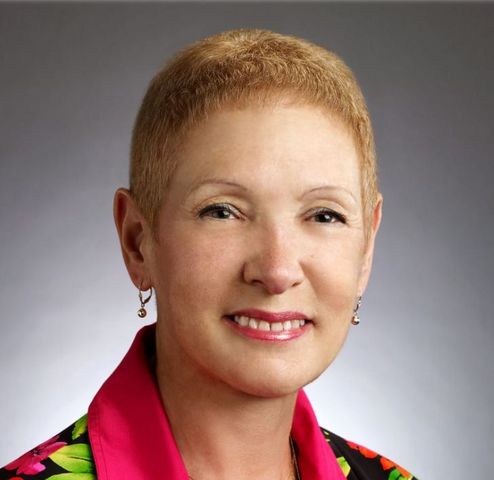Music education makes better students and readies kids for life

Amid the current worldwide coronavirus pandemic, where wildly fluctuating numbers in stock markets here in the United States and abroad are constantly changing according to global politics, environments, and economies, it is reassuring to know that investments in our children’s learning capabilities and education, specifically music education, are solid and sure bets.
Let’s examine some of the reasons for this as we list some basic premises excerpted from the position statement on early childhood education released by the National Association for Music Education. This is the largest, most comprehensive musical voice of this nation and abroad, and the statement was adopted as part of its Future Directions initiative back in 1991 yet is just as relevant now: “All children have musical potential; children bring their own unique interests and abilities to the music learning environment; very young children are capable of developing critical thinking skills through musical ideas; children come to early childhood music experiences from diverse backgrounds; children should experience exemplary musical sounds, activities, and materials; children’s play is their work; children learn best in pleasant physical and social environments; diverse learning environments are needed to serve the developmental needs of many individual children; children need effective adult models.”
The American Music Conference is another organization committed to dispersing information about research, which has been done on a variety of topics relating to music education as viewed from many different perspectives. A few samples from their website include the following:
- “Students who were exposed to a music-based math program which taught fractions through basic music rhythm notation, scored a full 100% higher on fractions tests than those who learned in the conventional manner.” (Neurological Research, March 15, 1999)
- “Students who were given piano instruction over a three-year period showed significant improvement in pattern recognition and mental representation, self-esteem and overall musical skills.” (Dr. Eugenia Costa-Giomi, The McGill Piano Project: “Effects of three years of piano instruction on children’s cognitive abilities, academic achievement, and self-esteem,” MENC Conference, April 1998)
- “Instrumental music students in middle and high school programs from schools in Georgia and Texas scored significantly higher than their non-band peers in standardized tests. The data collected also revealed that the longer these students participated in their music classes, the higher their test scores reported in math, science and language arts.” (University of Sarasota study, Jeffrey Kluball/East Texas State University study, Daryl Erick Trent)
- “The nation’s top business executives agree that arts education programs can help repair weaknesses in American education and better prepare workers for the 21st century.” (The Changing Workplace is Changing Our View of Education, Business Week, 1996)
* Published Baltimore Sun October 6, 2020
Written by Dr. Joan Spicknall
About the Business
Have a question? Ask the experts!
Send your question

